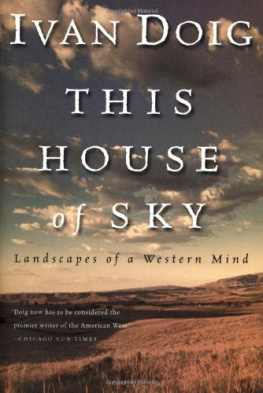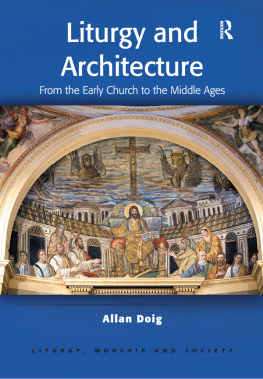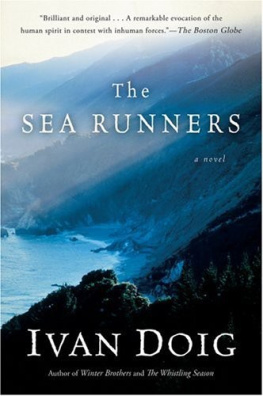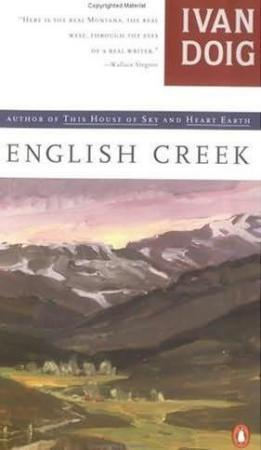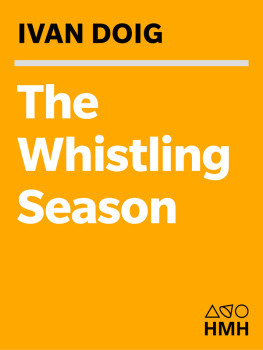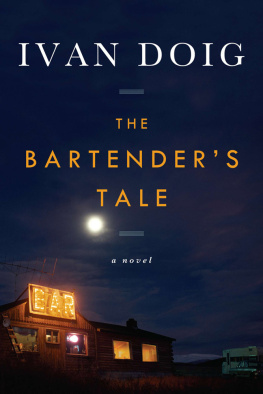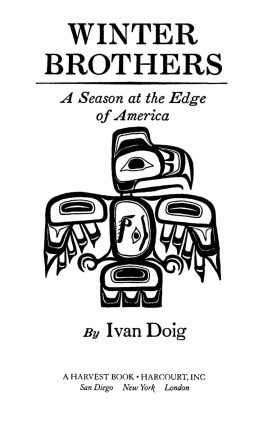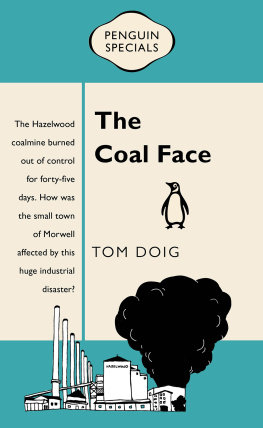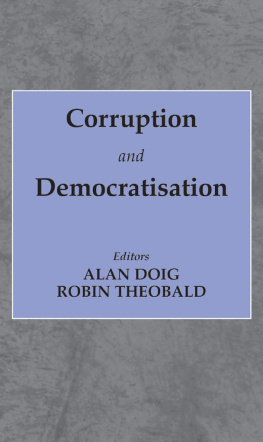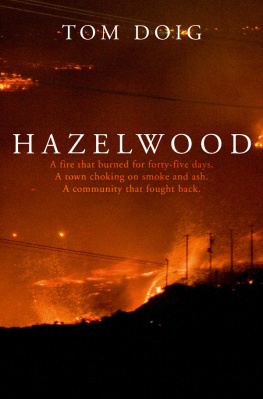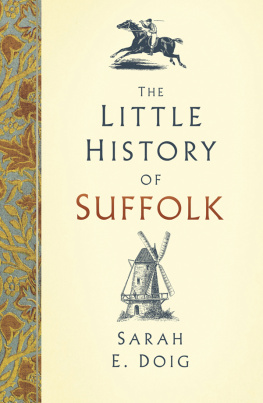A HARVEST BOOK HARCOURT, INC.
Orlando Austin New York San Diego Toronto London
To my wife, Carol.
Westward we go free.
Copyright 1978 by Ivan Doig
Preface copyright 1992 by Ivan Doig
All rights reserved. No part of this publication may be
reproduced or transmitted in any form or by any means,
electronic or mechanical, including photocopy, recording,
or any information storage and retrieval system, without
permission in writing from the publisher.
Requests for permission to make copies of any part
of the work should be submitted online at
www.harcourt.com/contact or mailed to the
following address: Permissions Department,
Harcourt, Inc., 6277 Sea Harbor Drive,
Orlando, Florida 32887-6777.
www.HarcourtBooks.com
Library of Congress Cataloging-in-Publication Data
Doig, Ivan.
This house of sky.
(A Harvest book)
1. Doig, Ivan. 2. Doig family. 3. Meagher Co.,
Mont.Biography. I. Title.
[F737.M4D643 1980] 978.6'612'030924 [B] 79-18783
ISBN 978-0-15-689982-6
Printed in the United States of America
DD FF HH JJ KK II GG EE
Introduction
In the last years of the 1960s, when this country was going through convulsive self-questioning, I was as usual out of step. It was getting clearer and clearer to me what I was in life. I was a relic.
And the son of another relic. And the grandson of yet a third relic.
This clearheadedness came over me in a most unexpected place: graduate school. I was at the University of Washington working toward a doctorate in history and noticed that I seemed to have come out of a time warp that I had left in Montana not all that many years before. In my Montana upbringing, I had worked in a lambing shed, picked rock from grainfields, driven a power buckrake in haying time and a D-8 Cat pulling a harrow during summer fallowing and a grain truck at harvest, herded sheep, trailed sheep, cussed sheepeven dug a well by hand and whitewashed a barnand now I didn't seem to be finding other people who had done any of that.
Then during one of those winters of discontent in graduate school, my father and my grandmothermy mothers mothercame to Seattle to live with my wife, Carol, and me for the sake of my father's health, in our losing struggle against his emphysema. In almost all instances, I had done only enough of each of those Montana ranch jobs to convince me I did not want to do it every day the rest of my life. But here was a pair of persons who had gone on doing those tasks, and many more, until they simply could not any longer.
The sight of these two people of the past who had raised meBessie Ringer, ranch cook, diehard Montanan since her early twenties, when she stepped off a train in Three Forks with an infant daughter and a jobless husband; and Charlie Doig, ranch hand and rancher, born on a sagebrush homestead in the Big Belt Mountains south of Helenathe daily sight of these two in our Seattle living room, with a shopping center out the window below, made me very much aware of the relic-hood of the three of us. In the strictest dictionary definition: "an object whose original cultural environment has disappeared."
It has been twenty-two years now since I finally put a period to the 410th page of the manuscript built upon those musings. This reappearance of This House of Sky in new covers, bookdom's equivalent of knighthood, seems the natural occasion for telling the books own life storyan against-all-odds chronicle at least as chancy as the fate of any of us inhabiting its pages. My hands still sweat as I see the points at which the years of Sky carpentry could have failed. Most installments of the long work of getting Sky's words into print are clear enough from notes and letters and diary entries I made along the way, but genesis is never easy. What at last became This House of Sky seems not to have had a beginning, but beginnings.
One of these took place in the summer of 1968 when, as far as I knew, I was researching a magazine article. I was still in graduate school in Seattle, albeit with a couple of journalism jobs behind me and a continuing addiction to writing (even unto a new secret habit of poetry). My wife and I were visiting in my hometown of White Sulphur Springs, Montana, hanging around with my father and grandmother for a dutiful couple of weeks, and all I had in mind at the time was to do a semi-academic piece about Taylor Gordon, the singer from that little town who had enjoyed a heyday of concert and radio singing in New York in the 1920suntil the Depression hit and Taylor landed back in Montana herding sheep. When I called across town to Taylor Gordon to confirm that I could come over and tape-record an interview with him, Taylor told me no, no, no, he was hopelessly busy that day; but if I wanted to come by tomorrow, he'd see whether he could work me in.
That left an open day ahead, with me sitting around my fathers and grandmother's house, with a pert new tape recorder and reels of tape. The voices of This House of Sky began there. To humor me and my new gadget, my father began storytelling about his misadventures with horses and about killing a bear by the light of the Montana moon, and my grandmother in turn began by recalling an exasperation with Charlie Doig of a full forty years before, when she and my mother had planned a birthday party for him and he didn't show up because he'd been hospitalized by a bronc.
The next day Carol and I did manage to talk with Taylor Gordon, for an entire afternoon of rich anecdotage, but the article I wrote about him turned out to be more semi- than academic and still hasn't seen the light of scholarly day. So, out of that pair of July afternoons the unexpected gain proved to be that session with my father, which was the one and last chance to catch his voice and some of his storying onto tape. By autumn he no longer had the breath for such matters and was in the first of many hospitalizations between then and his death in early 1971.
Over the next few years I discovered that even with a doctorate on my wall I was hopelessly a writer rather than a professorand that what I most wanted to write was something about my father and a way of life that seemed to be passing with him.
Voices kept helpfully arriving at my tape recorder during this time. My grandmother in particular would often meet one of my questions with "Well, I don't just know about that, you better go ask so-and-so." And I would. So-and-so once was bartender Pete McCabe of my fathers favorite saloon, the wondrous Stockman Bar; another time, twangy Clifford Shearer, who had worked on ranches with my father since they were both homestead kids. Three or four times a year, another voice of so-and-so into the tape recorder.
Then in mid-1971, a few months after my fathers passing, my own voice began chiming in. I started maintaining a journal in which I mulled what was then known in our household as "the Montana book." In that notebook I wrote whatever details of my family's Montana past that could be dug from mind. There's a notation on May 7th about the gutwagon that was used to bring ewes and their fresh-born lambs to the lambing shed on the ranches where my father was a hired hand and my grandmother cookedcertainly the first time I'd thought of that gloriously awful ranchword "gutwagon" in a dozen or more years. And another note, on my fathers manner of cussing: that rapid hyphenated style of Scottish exasperation that made goddamn-it-all-to-hell-anyway into a single, hundred-proof word. Haying crews and sheep shearers and gumboot irrigators presented themselves out of memory on the notebook pages. So did sheepherders and their moods, that delicate moment when you come to tend camp and find out whether you're going to have an abruptly resigned sheepherder and two thousand fleecy animals to deal with.
Next page
